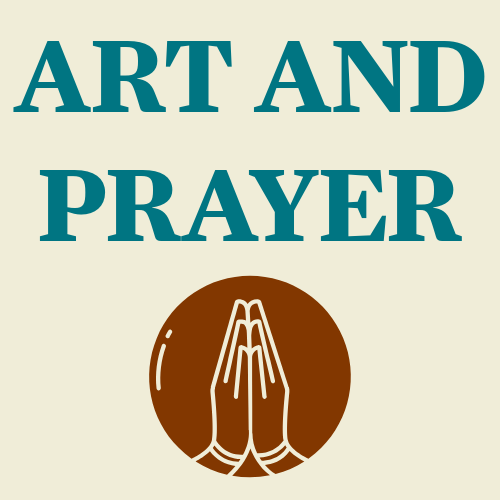Praying with Diego Velázquez' "Kitchen Scene with the Supper in Emmaus"
Have you ever missed God’s presence until later, when suddenly everything became clear? Explore Velázquez’s Supper in Emmaus and discover how God might be quietly at work in your everyday life. Join Rev. Rob McPherson in a prayerful reflection on recognizing the unseen and awakening to grace.
Luke 24:13-35
In this episode, Rev. Rob McPherson leads us into a contemplative encounter with Diego Velázquez’s Kitchen Scene with the Supper in Emmaus. This painting captures a profound moment from the post-resurrection story in Luke’s gospel, where two disciples walk with the risen Jesus but do not recognize him until he breaks bread with them. Velázquez’s work invites us to reflect on how God’s presence can be near, even when we fail to notice it. Often, the awareness of God’s nearness comes only later, like a dawning realization that transforms our memory and understanding of past moments.
The story of the disciples on the road to Emmaus is a narrative about recognition, revelation, and the opening of eyes—both literal and spiritual. Velázquez enhances this theme by focusing on the woman serving at the table, whose expression suggests she has already recognized the presence of Christ, even while the disciples remain unaware. This subtle detail encourages viewers to ask themselves: How often might I have failed to perceive God’s presence in my own life, only to recognize it later with wonder?
Rob invites viewers to imagine themselves as silent witnesses to this sacred meal, encouraging a posture of quiet attentiveness to the details of the painting—the expressions, gestures, and subtle interactions. What parts of the scene resonate most deeply? What do the details reveal about God’s ongoing presence in the mundane, the overlooked, or the ordinary parts of our day-to-day lives?
Returning to the scripture passage, the episode gently guides listeners to reflect on their own moments of unawareness—times when God was present but unseen. This invitation is both gentle and profound, acknowledging that sometimes our spiritual vision is clouded or distracted, but God’s faithfulness remains. It also opens the possibility for healing and transformation, as seeing God’s work in the past can renew hope and deepen trust.
The episode concludes by reminding us that recognizing God’s presence—especially in difficult or mundane times—is a spiritual practice that requires patience and openness. Sometimes, clarity comes quickly; other times, it takes years or even a lifetime. Yet, this ongoing awareness is a gift that reshapes how we live, inviting us to trust in God’s constant presence and love.





